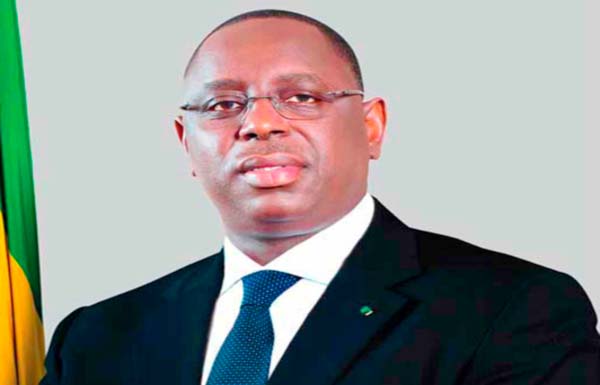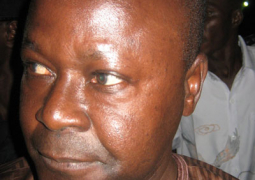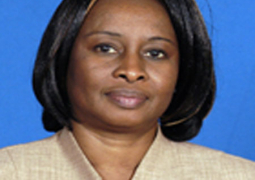
The
Constitutional Court of Senegal has rejected the petitions of opposition parties
against the results of the parliamentary elections held on 30 July 2017.
In
a ruling delivered on Monday, 14 August 2017, the Court also validated the
election results as follows: the Coalition, Benno has a landslide victory with
125 seats out of the 165 seats that were contested. The 125 seats include 12
seats for the Senegalese Diaspora. The full name of the ruling party led by
President Macky Sall is: Benno Bok Yakar, which means “United to be
optimistic”.
In
second place is Wattu Senegal of former President Abdoulaye Wade with 19 seats,
including 3 for the Diaspora.
Third
is MankooTaxawu Senegal of Mayor Khalifa Sall with 7 seats.
A
surprise win is PUR in fourth place with 3 seats, followed in fifth position by
Kaddu Askanwi of Abdoulaye Balde with 2 seats.
Based
on Senegal’s electoral system of “first past the post” nine lists of candidates
have won one seat each. They are: Mankoo Yessal of Modou Diagne Fada, Saxal Liguey of Aida Mbodj, PVD of Sering Kara Mbacke, Bunt Bi of
Theodore Cherif Monteye, CPJE of Demba Diop Sy, LDP of Ibbrahima Nguete, Avenir of Aissata Tall Sall, Pole Alternative
of Cheikh Tidiane Gadio and Ndawi Askan of Ousmane Sonko. The new Parliament
will be inaugurated in September.
With
a list of 47 coalition members at district and national levels, the electoral
system of Senegal may appear complex and complicated.
It
is therefore essential to note that Senegal’s National Assembly is unicameral
and its members are elected by universal suffrage. There is a policy of parity
between men and women.
The
elections are based on a majority system in the country’s 45 districts, in
which the winner takes all, which happens to be the ruling party that has
captured 42 districts.
The
largest districts elect 7 members, while smaller ones elect a single member.
For example, Dakar elects 7 members while smaller areas like Fatick, Kanel,
Matam and Linguere can only elect 2 members each.
The
main criterion is demographic; the greater the population, the bigger the
number of representatives.
As
for the majority system, the list of candidates that obtain the most votes in a
district gets all the seats allocated.
For
the voting system, a national quota is determined by dividing the number of
valid ballots cast by the number of seats to be filled. Based on the total
number of ballots cast, candidates are elected from the relevant lists in
proportion to the number of quotas filled.



